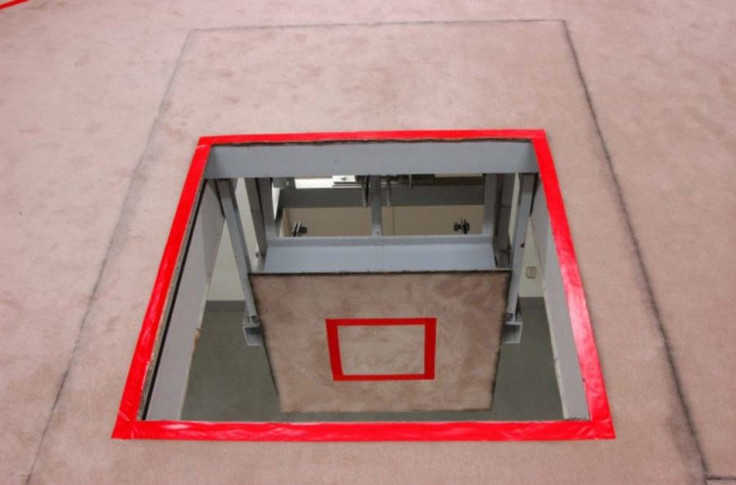Black Widow: Japanese Woman Sentenced To Death For Killing Three Boyfriends

Japan's Saitama District Court sentenced Kanae Kijima to death for murdering 3 former lovers.
The 37-year-old Japanese woman allegedly murdered the three men in 2009 for financial gain after having met them through matchmaking sites on the Internet. The men ranged in age from 41 to 80, news reports said.
The court's evidence showed that Kijima killed the three men by giving them sleeping pills and then poisoning them with carbon monoxide.
Her motive for killing the three men, according to the prosecution, was to keep from paying back the money she had taken from them during their relationships.
Takao Terada and Kenzo Ando were murdered in their Tokyo homes when Kijima left briquettes of carbon dioxide to burn. Yoshiyuku Oide died in a rental car, also from the fumes of the briquettes.
Judge Kazuyuki Okuma of the Saitama District court emphasized there was no room for leniency.
There is no room for leniency as the defendant committed the crimes for selfish purposes. She reiterated irrational excuses in court and did not show any remorse, Okuma was quoted saying by the BBC.
Kijima has said she's innocent and plans to appeal the death sentence verdict.
The Black Widow case has been a subject of contention in Japan, for much of the prosecution's evidence was circumstantial instead of relying on a witness' testimony or confession.
The defense argued the men actually committed suicide when Kijima broke up with them or just died accidentally, reported the BBC.
The day of the verdict's hearing, more than 1,000 people lined up for only 49 seats available to the public, according to the Herald Sun.
Japanese Death Penalty
About 85.6 percent of Japanese people support the death enalty, as of 2010, according to a government poll.
Japan, along with the United States, is one of the few industrialized countries that still maintains the death sentence, specifically for murder cases of multiple occurrences.
Hiraoka Hideo, former minister of justice, suspended all executions during 2011, believing that each case needed further review. Newly appointed Minister of Justice Ogawa Toshio, however, reverted this policy when he was appointed in January.
Last month three unnamed prisoners were hanged for their crimes.
Taking into consideration a situation where the number of heinous crimes has not decreased, I find it difficult to abolish the death penalty immediately, said Prime Minister Yoshihiko Noda, according to the BBC.
There remain 130 inmates still on death row in Japan, awaiting their executions.
© Copyright IBTimes 2024. All rights reserved.




















